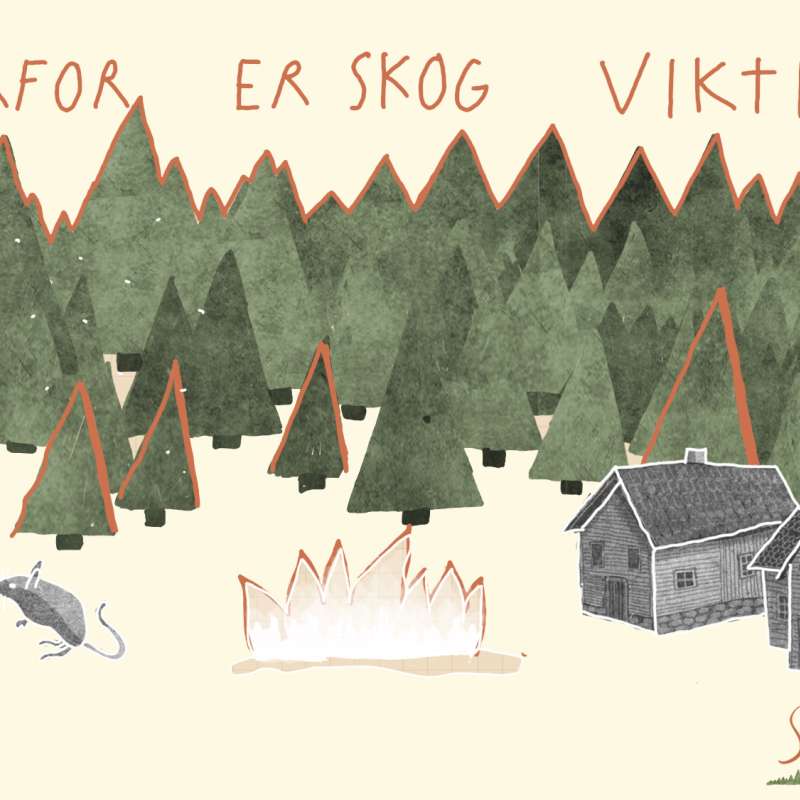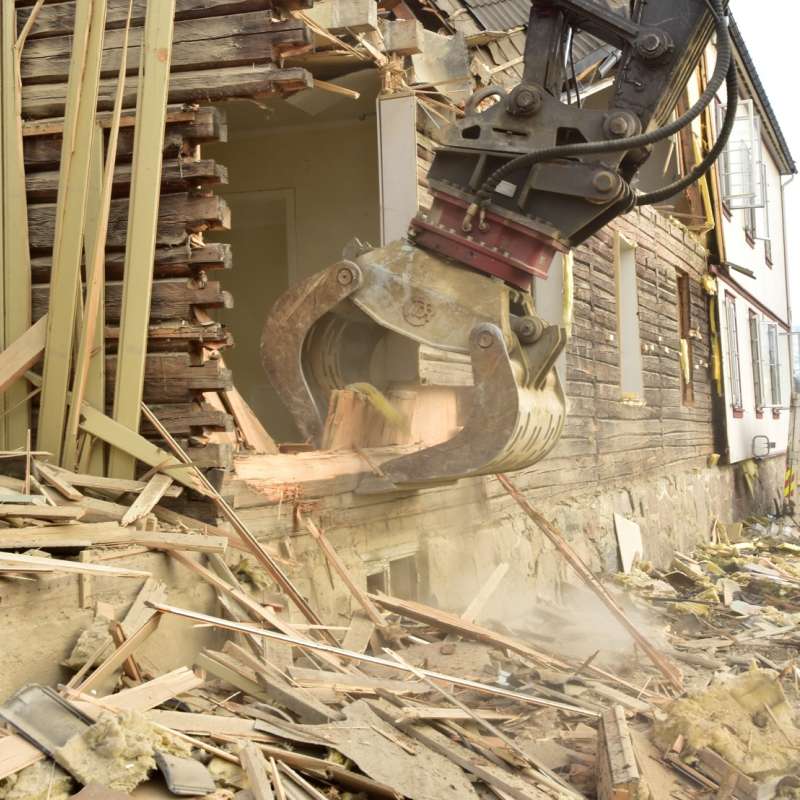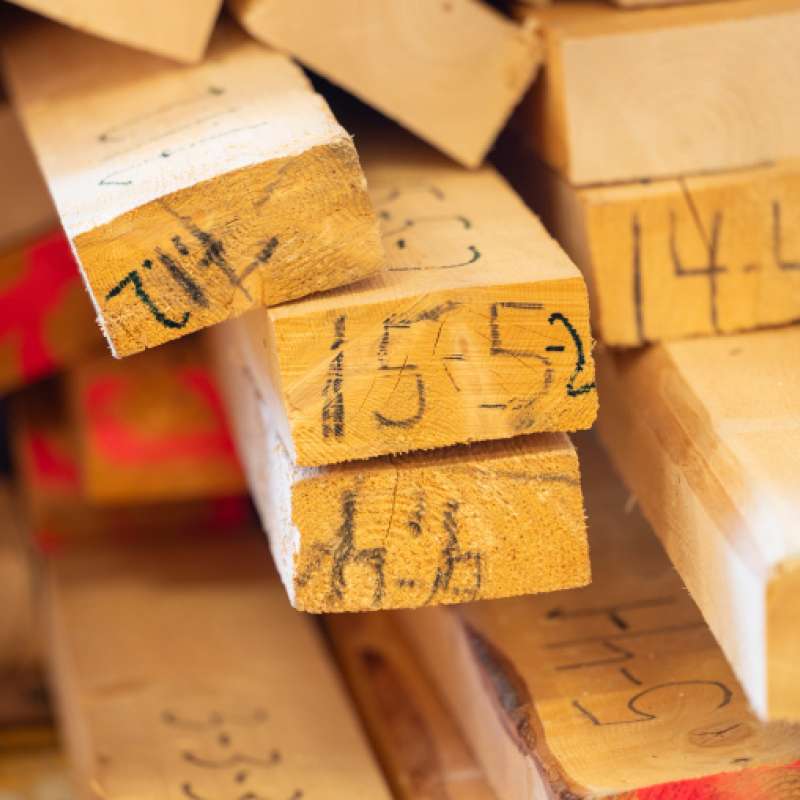Kathrine Torday Gulden
Seniorrådgiver
(+47) 452 98 104
kathrine-torday.gulden@nibio.no
Sted
Oslo
Besøksadresse
Schweigaards gate 34E, 0191 Oslo
Biografi
Forskningskommunikatør innenfor NIBIOs fagområder, herunder miljø, klima, naturressurser, biomangfold og sirkulærøkonomi. Kathrine jobber med populærvitenskapelig formidling i form av nyhetsartikler, videoer, kronikker, foto, grafikk og podkaster. Kommunikasjonsarbeid i nasjonale og internasjonale prosjekter, sosiale medier, rådgivning, design/layout, oversettelse/språkvask m.m. inngår også i jobben.
Kathrine har studert digital kommunikasjon og design ved OsloMet, har mastergrad i kultur- og samfunnsvitenskap fra Universitet i Bergen, og ett år husdyrfag ved Norges landbrukshøgskole (nå NMBU).
Tidligere arbeidsgivere inkluderer Bioforsk, OsloMet, UiO, ABC-nyheter og Samviten/UiB.
Forfattere
Hege Ulfeng John Olav Oldertrøen Kathrine Torday Gulden Lars Sandved Dalen Liv Jorunn Hind Silje Kvist Simonsen Siri Elise Dybdal Georg Mathisen Janne Karin Brodin Janne Nordlund Othén Wenche Aale HægermarkRedaktører
Camilla BaumannSammendrag
I Grønn kunnskap 2025 presenterer NIBIO et lite utvalg fra vår forskning og kunnskapsutvikling innen jordbruk, skogbruk, miljø, naturressurser og bioøkonomi. Rapporten viser hvordan forskning, data og analyse bidrar til bærekraftige løsninger for samfunn, forvaltning og næringsliv – i Norge og internasjonalt.
Sammendrag
Det er ikke registrert sammendrag
Sammendrag
Det er ikke registrert sammendrag

Divisjon for skog og utmark
Skogprat
Vi må ha en alvorsprat om skogen, for den er så mye mer enn bare trær.

Divisjon for skog og utmark
Sirkulær bruk av tre for økt bærekraft og innovasjon (CircWOOD)
CircWOOD skal undersøke aspekter ved trebruk i den norske økonomien, med særlig vekt på ombruk av returtre i byggeprosjekter, og returtre som råstoff i dagens treindustri.

Divisjon for skog og utmark
Circular use of wood for increased sustainability and innovation (circWOOD)
circWOOD will investigate aspects of wood use in the Norwegian economy, with particular emphasis on the reuse of wood in construction projects, and recycled wood as raw material in today's wood industry.

Divisjon for skog og utmark
WoodStock
EU-prosjektet WoodStock utvikler klimavennlige løsninger for å øke bruken av underutnyttet trevirke i den europeiske byggesektoren.
